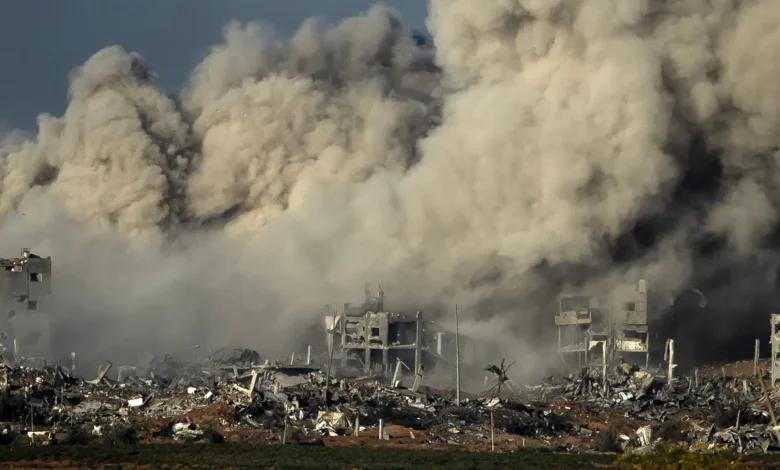What is America’s Opinion Poll for Israel-Gaza?

In recent months, the Israel-Gaza conflict has once again surged to the forefront of global news, sparking debates and discussions across the world. Among these, the perspective of the United States stands out, given its historical role in Middle Eastern politics and its longstanding alliance with Israel. This article delves into the complexities of American public opinion on the ongoing conflict, reflecting a nation divided along political, demographic, and ideological lines.
Support for Israel
A significant portion of the American population continues to express support for Israel. According to a Gallup poll from November 2023, half of Americans approve of Israel’s military action in Gaza, with a distinct partisan divide: 71% of Republicans show their approval, contrasting with 36% of Democrats. This divide underscores the political lens through which many Americans view the conflict, influenced by party lines and ideological affiliations.
Shifting Opinions and Growing Calls for a Ceasefire
Despite the overall support for Israel, there’s an observable shift towards a more nuanced view of the conflict. A Morning Consult survey reveals an increase in calls for a ceasefire, with nearly 3 in 5 voters supporting such measures, up from 53% in mid-November. This sentiment is not confined to one political party; it spans across the spectrum, indicating a growing concern for the humanitarian impact of continued hostilities.
Concerns Over Violence and Administration’s Response
The American public is not only concerned about the conflict itself but also its repercussions, including the potential for increased violence against Jewish and Muslim communities within the United States. Such bipartisan concerns highlight the domestic implications of international conflicts on American soil.
Moreover, the Biden administration’s handling of the conflict has been met with mixed reactions. Roughly a third of adults approve of the administration’s response, while 41% disapprove. This division reflects broader uncertainties about the U.S. role in the conflict and the effectiveness of its diplomatic efforts.
The Impact of Age and Demographics
Younger Americans, particularly those under the age of 30, and Democrats are more likely to express critical views of Israel’s military operations. This demographic is also more inclined towards seeking a balanced approach to the Israeli-Palestinian issue, advocating for peaceful coexistence and questioning the extent of U.S. military aid to Israel.
Conclusion
The American public’s opinion on the Israel-Gaza conflict is complex and multi-faceted, mirroring the complexity of the conflict itself. While support for Israel remains strong among certain segments of the population, there is a discernible shift towards more balanced views, emphasizing the importance of ceasefire, humanitarian considerations, and the quest for a lasting peace. As the situation evolves, so too will the opinions of the American people, shaped by new developments, media coverage, and the actions of their political leaders. The dialogue surrounding the Israel-Gaza conflict in the United States is a testament to the diverse perspectives that define the nation’s approach to foreign policy and its role on the global stage.




